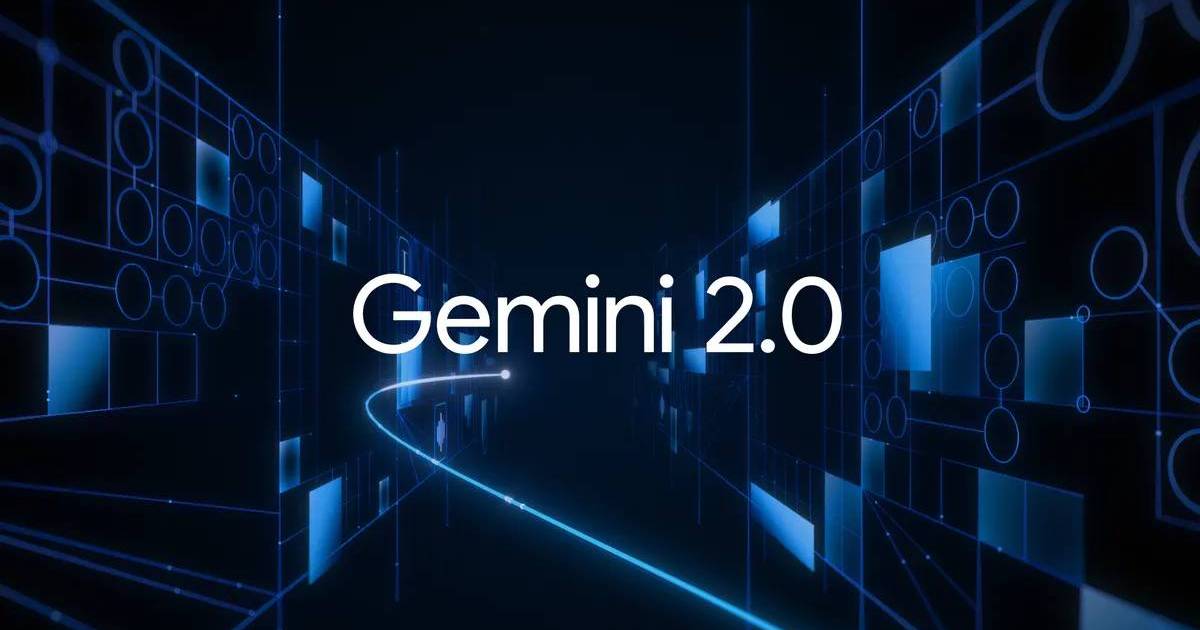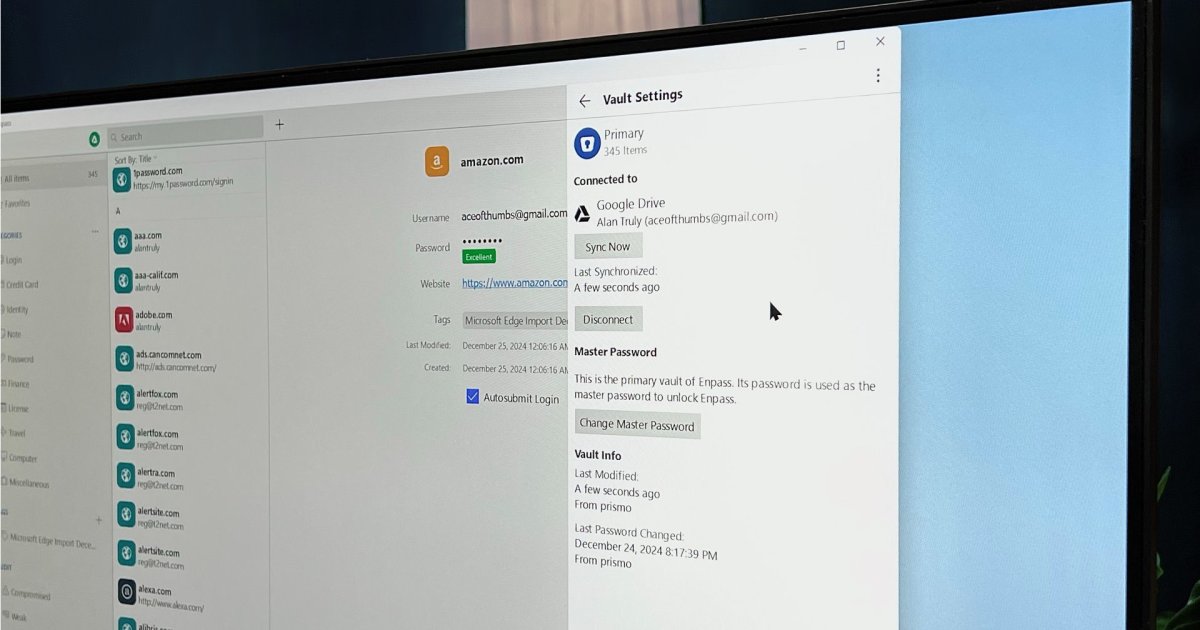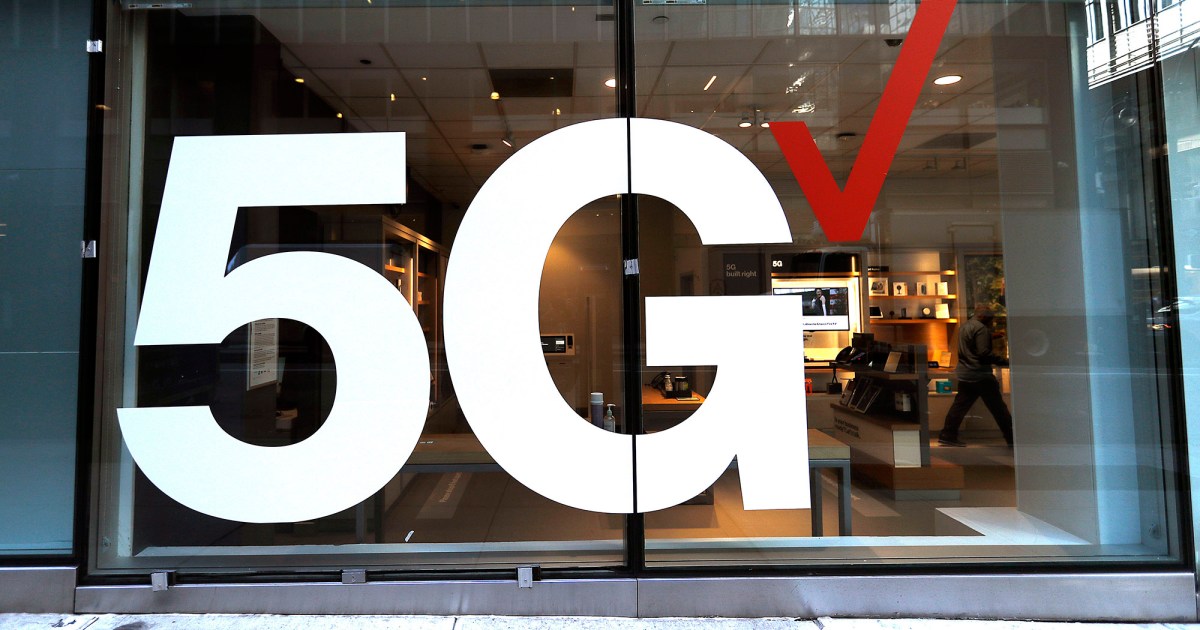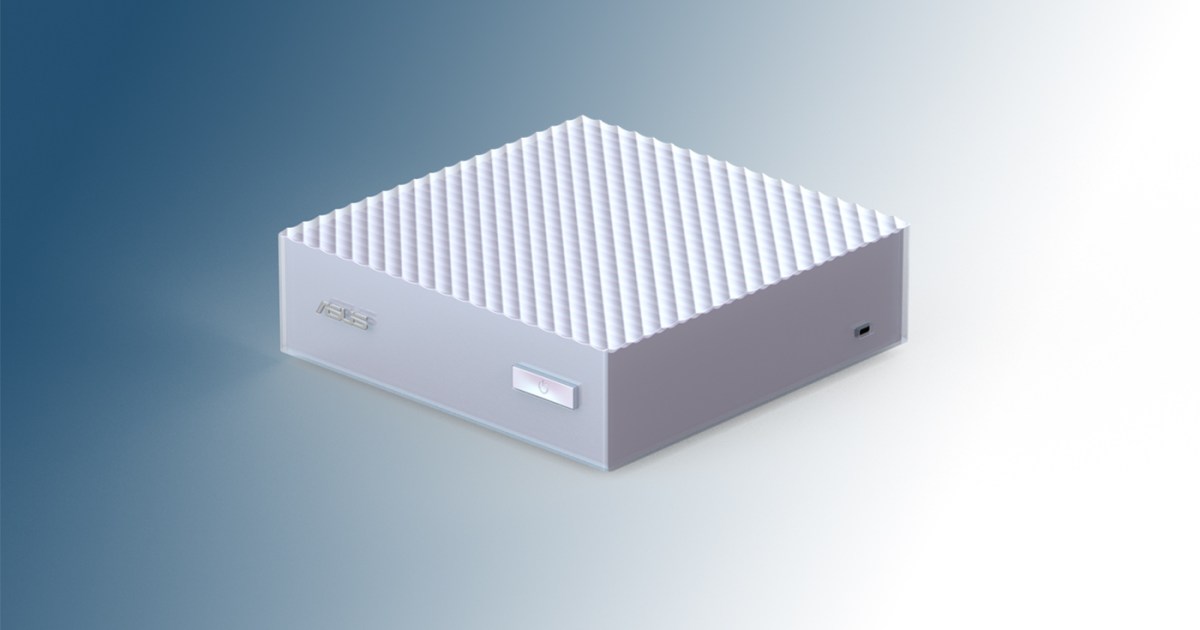Google is actively testing the integration of its Gemini AI directly into the Chrome browser, aiming to streamline access and enhance the user browsing experience. This development is currently being rolled out in the latest Chrome Canary builds, hinting at a broader release in the near future. Initial reports from Windows Latest suggest the integration will feature a prominent Gemini icon at the top of the browser window, offering convenient access to the AI’s capabilities. Simultaneously, Google is reportedly developing a dedicated Gemini widget for even more streamlined interaction.
How Gemini Integration Works in Chrome
Thanks to the diligent work of browser researcher Leopeva64, we have early insights into the functionality of this new integration. The core of the system seems to revolve around a new “Glic” setting within Chrome. This setting allows users to personalize how Gemini opens on their Windows PCs, offering options to override existing shortcuts or enable them within the Chrome menu. Enabling the Glic toggle adds a Gemini icon next to the standard browser control icons (close, maximize, minimize).
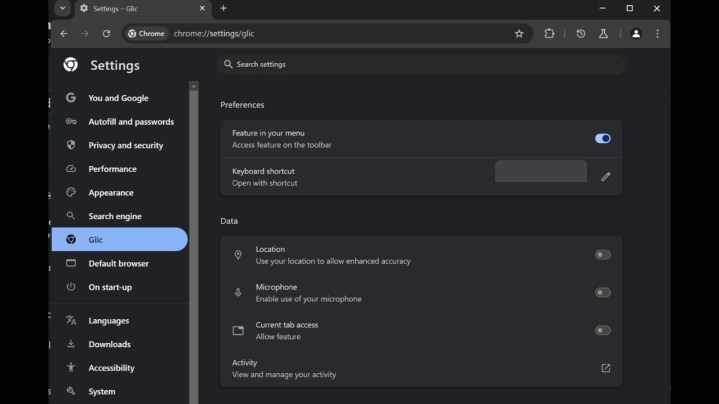 Gemini Live Glic setting
Gemini Live Glic setting
Clicking this Gemini icon launches the AI assistant in a floating window, which can be configured as either floating or fixed. This strategic placement aligns with Google’s apparent intention to make Gemini readily available across various access points. Users can even add Gemini to the Windows taskbar for quick access outside of the browser itself. Further customization options are available within Chrome’s settings, allowing users to display the Gemini icon in the system tray as well.
Gemini in the System Tray and Beyond
The Gemini system tray icon provides further control, enabling users to force-close the AI assistant and adjust its appearance, accessibility, and shortcut settings. The icon appears in the system tray only when Gemini is actively in use, regardless of whether it’s leveraging search history or other data. This integration mirrors the recent replacement of Google Assistant with Gemini on Chromebooks, signaling a unified approach to AI assistance across Google’s platforms. While the Chromebook rollout is happening in stages, the Chrome browser integration appears to be following a similar phased approach.
A More Integrated Browsing Future
This integration signifies a significant step towards a more AI-driven browsing experience. By embedding Gemini directly within Chrome, Google aims to provide users with seamless access to powerful AI capabilities for tasks ranging from information retrieval and content generation to personalized assistance. While the feature is still in its early stages of testing, the current implementation suggests a robust and user-friendly experience. The flexible configuration options cater to individual preferences, ensuring that users can tailor Gemini’s integration to their specific workflow. The move also highlights Google’s commitment to bringing Gemini to the forefront of its product ecosystem, further blurring the lines between traditional search and intelligent assistance.



